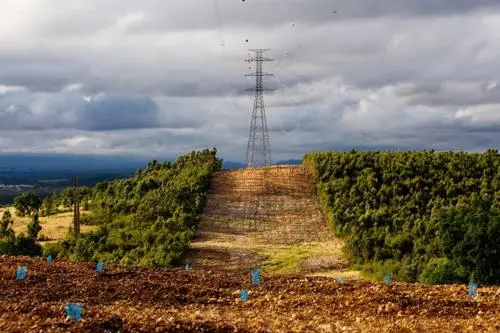A commitment that goes beyond the mission
This commitment means that all REN activities take into account sustainability principles and comply with strict and verifiable criteria. There is a permanent demand on the quality and safety of the service, and also on the positive impact that REN wants to have on the communities and ecosystems where it works.
